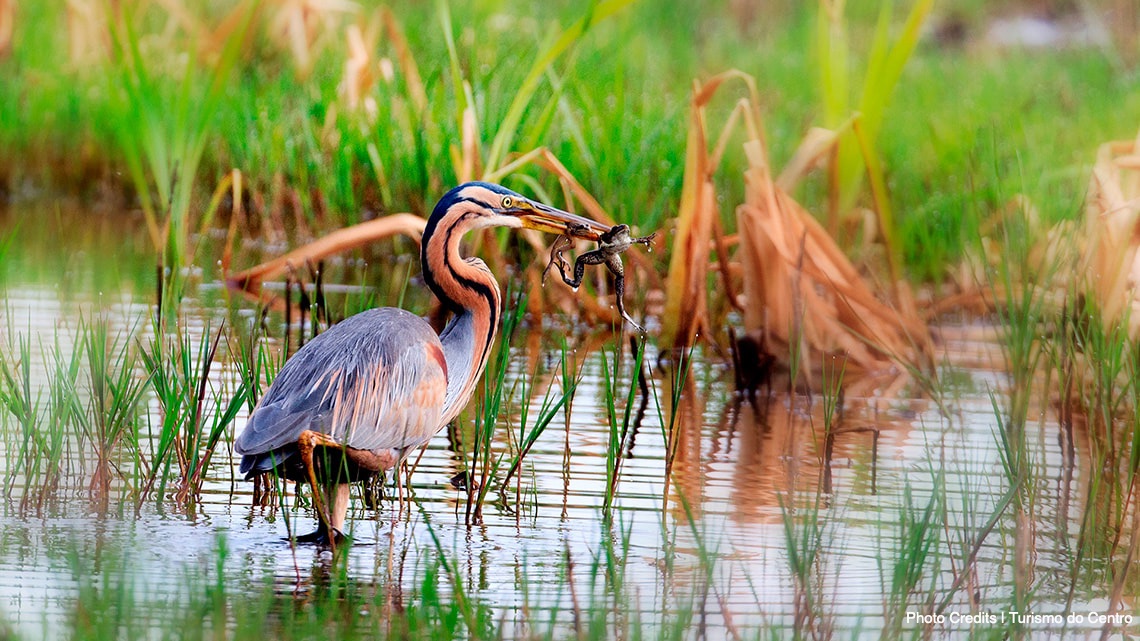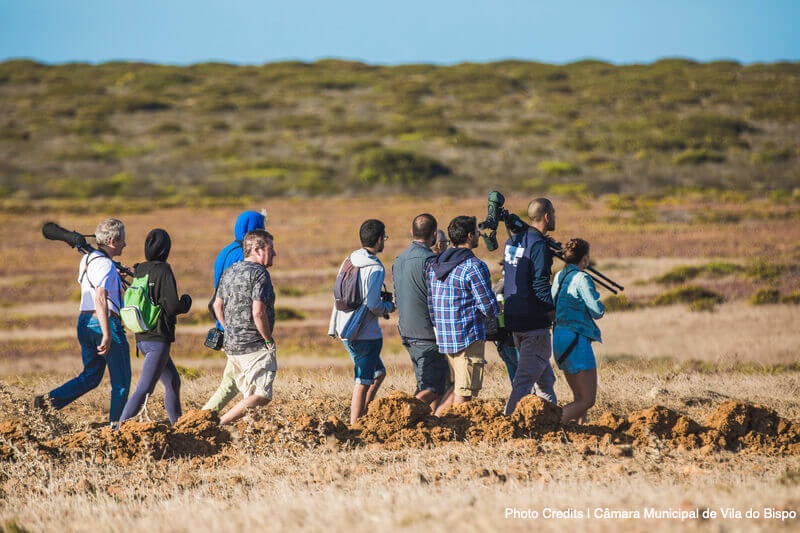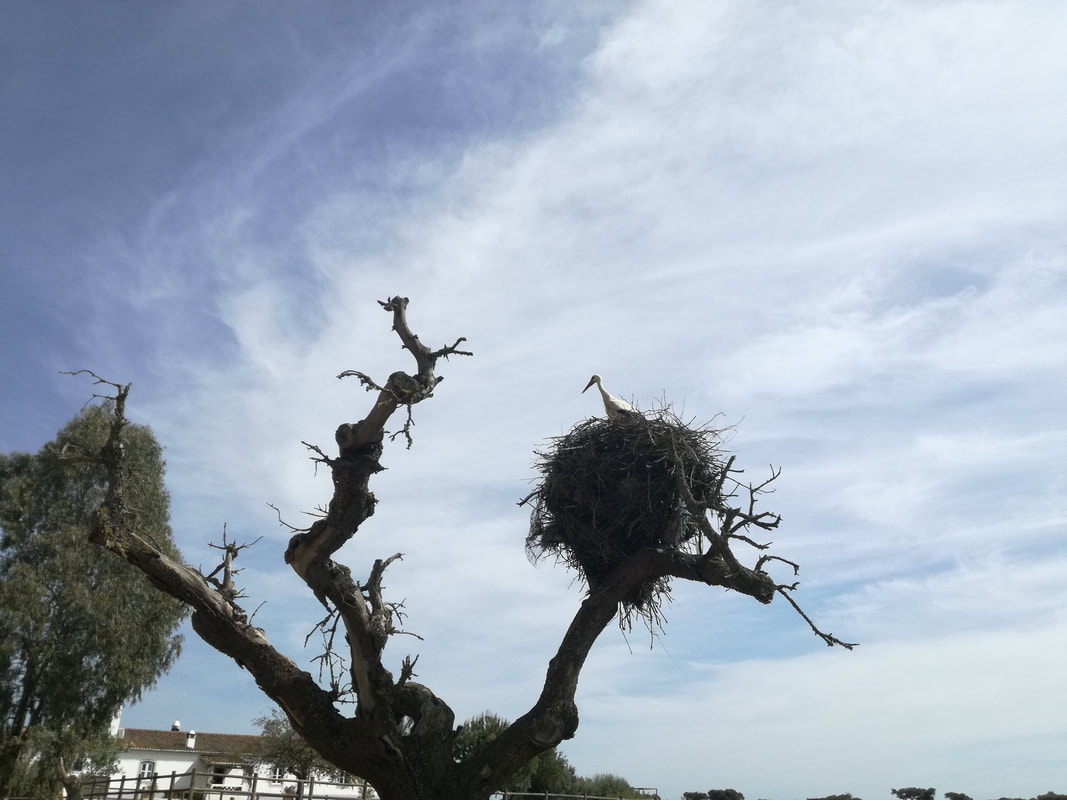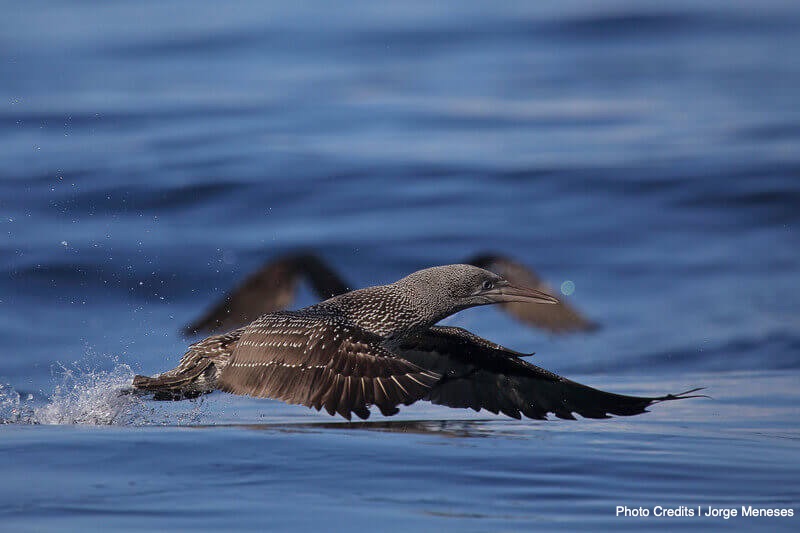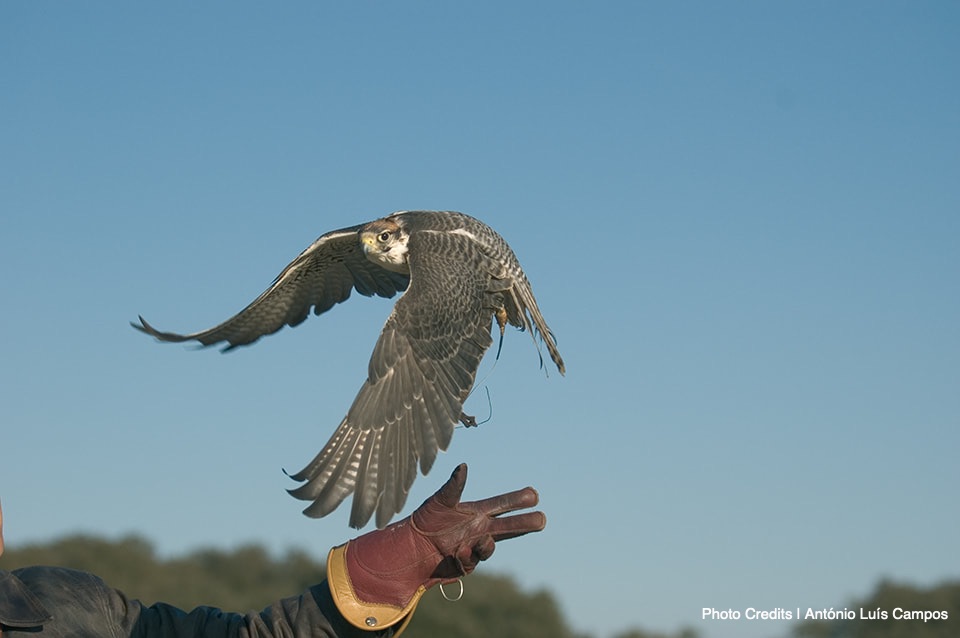|
Portugal is one of the finest destinations in Europe for birdwatchers. Despite its small size, our country comprises a big concentration of distinct habitats, which attract a wide array of bird species, from tiny ones to others with a large wingspan. In total there have been registered almost 450 different wild birds across the country. In this journal post we tell you some curiosities about birdwatching in Portugal so grab your binoculars, field guide and notebook. Ornithology tourismBirdwatching gathers a growing number of fans around the world and Portugal is no exception to the rule. There are hundreds of birdwatching enthusiasts who always travel with an ornithology guide in hand, which allows them to explore the Portuguese territory with a close contact with nature. There are various touristic experiences with a focus on birdwatching, such as boat trips, field days, hiking trails and night camping adventures. The two most famous events are held in two completely different regions of the country and on different seasons. The ObservArribas, in the northern stretch of the Douro valley, is in May/June and the Birdwatching Festival of Sagres takes place in October. Main Birdwatching areas across the countryWith a national park, many natural parks and several natural reserves, about 21% of the Portuguese territory is considered protected area. The landscapes range from mountainous peaks to green valleys, wetlands, dense forests, heathlands and rocky coastal areas. This diverse scenery explains why 360 regular species find Portugal a special retreat. You can read more about some of the country's Natural Parks here. It's hard to select the best birdwatching areas in Portugal, but most of the times they are IBAs - Important Bird Areas -, which are 36 in total (18 in continental Portugal, 9 in Açores and another 9 in Madeira). In Portugal mainland there are about 70 species in the Mediterranean basin, on the seaside many more are seen flying towards far away destinations and in the archipelagos of Açores and Madeira live large colonies of marine birds. For proper birdwatchers that keep track of their findings, the best is going through the catalog of "what to find where" and then pick the destination according to their preferences. Migratory routesEvery year, in the beginning of October, thousands of birds fly near the southwestern coast on their migratory routes. The Cabo de São Vicente near Sagres is probably the best spot to gaze at the sky, which sometimes is filled with flocks of birds. Many are marine birds, some of which land in the ocean while waiting for stronger and favourable gushes of wind. Others are land birds that eat mostly insects but capable of covering large distances. Lastly, a group is made of glider birds such as eagles, buzzards, vultures and wrynecks. At night, nightjars and owls leave their nests and spread their wings. In Autumn, when the weather starts shifting, flocks of birds cross Europe on their routes towards south and many can be seen from the southwestern shore. The same happens during Spring, when they return to reproduce and nest. The birding near Sagres during September and October is spectacular and it's truly a sight to remember so don't miss the free show. To find more excuses to visit the southwestern tip of the country read our previous journal post. Conservation and Environmental EducationThe main Portuguese entity with a focus on bird species is SPEA, The Portuguese Society for the Study of Birds. It's a nonprofit scientific association that promotes the study and conservation of birds in Portugal. Nowadays there are many more organisations, private and public initiatives, events and platforms where birdwatching enthusiasts flag rare species, share their discoveries and exchange information. Apart from these other organisations focus on rewilding, meaning fighting for wilder landscapes, and balanced ecosystems, recover the landscapes and restore natural habitats. Also lately there has been a major focus on sustainability and environmental education for both children and grown-ups, in order to preserve and protect the Portuguese biodiversity, including birds. Birdwatching in Portugal is in fact a cool experience, as it merges the activity per se and beautiful landscapes, nice weather, rich cultural and historical heritage and delicious gastronomy.
Get in touch if you'd like us to organize a trip with a focus on birdwatching or if you just like to wake up to the sound of birds humming in the countryside. In the meantime, don't forget to subscribe to our monthly newsletter and keep track of what we're up to :)
0 Comments
Leave a Reply. |
Categories
All
|
Telephone+351 938 503 009
|
|
Turismo de Portugal RNAVT nº 6915
|

